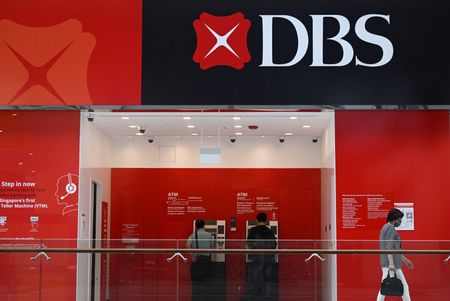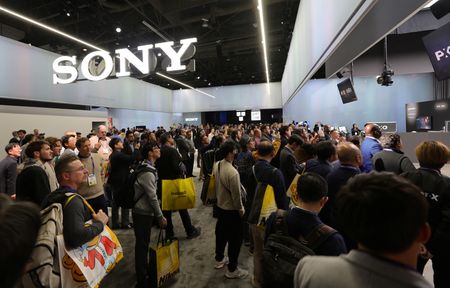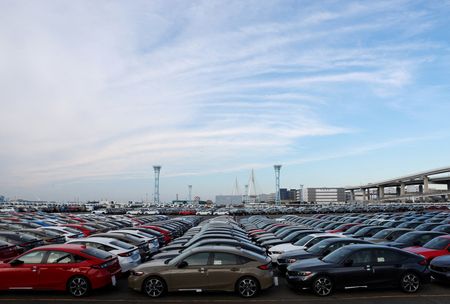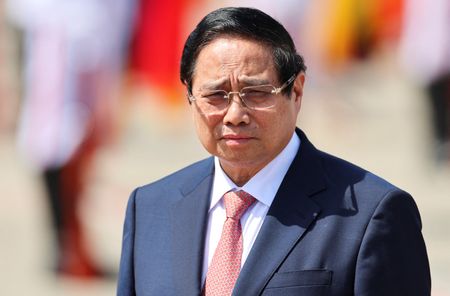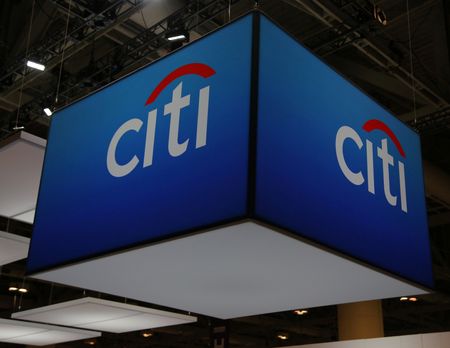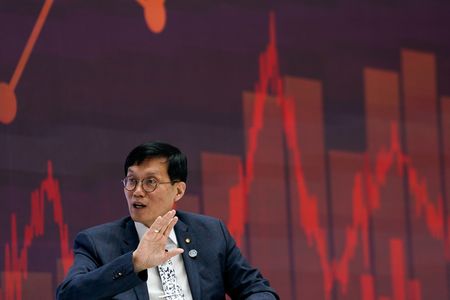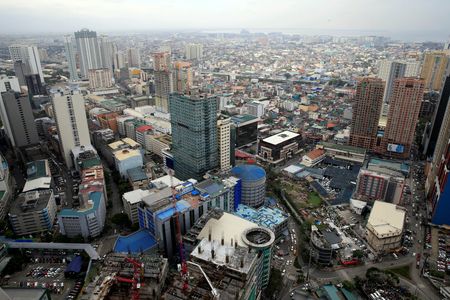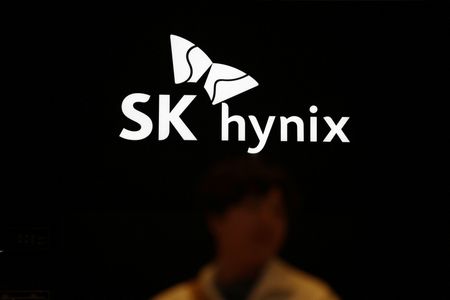By Yantoultra Ngui
SINGAPORE (Reuters) -Singaporean banks posted mixed second-quarter earnings on Thursday, with DBS Group maintaining its 2025 outlook and United Overseas Bank resuming guidance but trimming expectations amid macroeconomic uncertainty.
DBS, Southeast Asia’s largest bank by assets, reported a 1% rise in April-June net profit to S$2.82 billion ($2.20 billion), beating a S$2.77 billion average of three analyst estimates compiled by LSEG.
The increase was driven by higher total income. The bank lifted its ordinary dividend by 11% from a year earlier to 60 Singapore cents a share. It also issued a capital return dividend of 15 cents a share, having not declared one at all a year ago.
However, profitability metrics softened. Return on equity fell to 16.7% from 18.2% a year earlier, while net interest margin – a key gauge of profitability – declined to 2.05% from 2.14%.
UOB, Singapore and Southeast Asia’s third-largest lender, posted a 6% on-year drop in net profit to S$1.34 billion, missing the S$1.47 billion analyst consensus from LSEG.
That was its first decline since the first quarter of 2024, and was brought about mainly by lower net interest income. UOB declared an interim dividend of 85 cents per ordinary share, down 3.4% from a year earlier.
Shares of DBS climbed 1.5% in early trade on Thursday whereas those of UOB dropped 1.9%. The domestic benchmark stock index increased 0.6%.
OUTLOOK SPLIT
DBS CEO Tan Su Shan said external uncertainty remained but the bank sees opportunities.
“Our proactive management of the balance sheet puts us in a good position to navigate the interest rate cycle, while strong capital and liquidity ensure we are well placed to support customers,” Tan said in a statement.
Tan reaffirmed DBS’ overall 2025 outlook, including projecting net interest income to be slightly above that in 2024, while it expects net profit to be lower.
UOB, meanwhile, now sees 2025 loan growth in the low single digits, down from high single-digit expectations before it paused its guidance in May until it could better assess the impact of U.S. tariffs. It forecast fee income growth in the high single digits versus earlier double-digit projections.
UOB Deputy Chairman and CEO Wee Ee Cheong said the direct impact of tariffs on the bank has been minimal so far, but he expressed concern over second-order effects such as potential weaker consumer sentiment and reduced investment activity.
“So that is something that is still quite fluid,” Wee said during a briefing following the earnings release. “I think the underlying (fundamentals of Southeast Asia) is still quite strong. The volatility is something that we need to manage.”
The banks’ results followed that of peer Oversea-Chinese Banking Corp which posted on Friday an in-line second-quarter net profit, but cut its 2025 net interest income expectations and flagged persisting tariff uncertainty.
Major global lenders including HSBC and Standard Chartered have similarly flagged macroeconomic risk in earnings reports, underscoring the broader impact of geopolitical tension on the financial sector.
($1 = 1.2847 Singapore dollars)
(Reporting by Yantoultra Ngui; Editing by Jamie Freed and Christopher Cushing)

